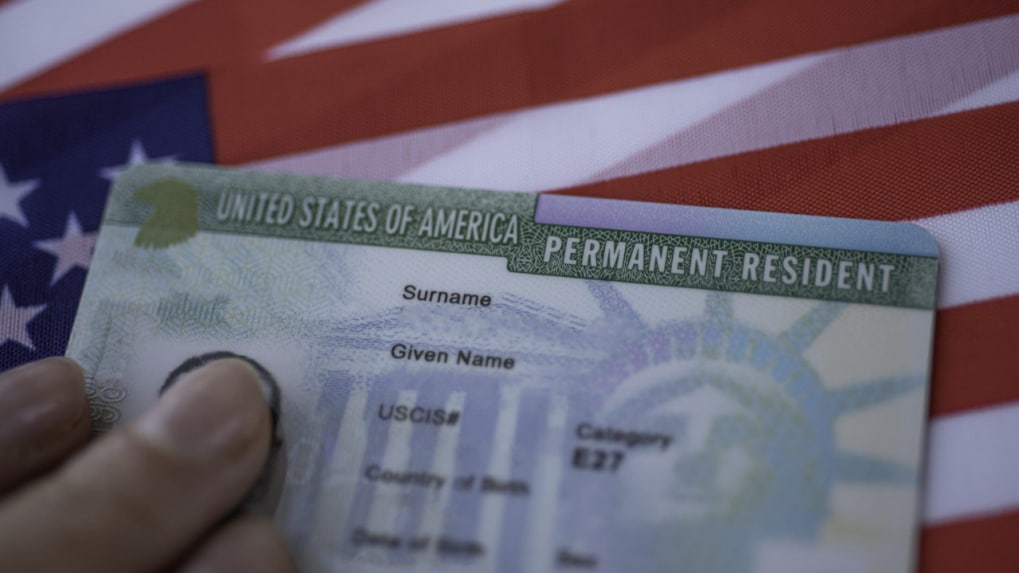Green card holders warned: Staying abroad for over a year may jeopardise US residency
Remaining outside the US for more than a year without a valid re-entry permit may lead to being classified as having abandoned permanent residency.
ADVERTISEMENT
Lawful permanent residents (LPRs) in the United States are facing increased scrutiny from immigration authorities, with reports of green card holders being questioned or denied entry upon returning from overseas trips.
According to immigration experts, border officers are closely examining whether individuals have abandoned their US residency by spending extended periods abroad.
Heightened checks at US airports
Even short trips are now drawing closer attention under the renewed enforcement push. Immigration lawyer Abhisha Parikh explained to Business Standard that time spent outside the country can directly affect a person’s legal residency status.
Parikh noted that if one is out of the country for more than six months, but less than a year, their return might raise questions about whether they have abandoned your permanent residence status. She added that absences longer than a year are even more serious and usually require a re-entry permit to avoid complications.
Understanding the one-year rule
Green card holders are permitted to travel internationally; however, stays longer than one year without proper documentation can invalidate the card for re-entry. Even shorter absences can raise suspicion if officials believe the individual has taken up residence elsewhere.
The US Citizenship and Immigration Services (USCIS) advises maintaining strong ties to the country—such as a home, employment, and tax filings—to demonstrate continued residence.
Why re-entry permits matter
A re-entry permit serves as proof that a green card holder did not intend to abandon their US residency. It allows them to remain outside the country for up to two years without requiring a returning resident visa.
Those planning long trips must apply for the permit (Form I-131) before leaving the United States. Applicants must be physically present in the US at the time of filing and should apply at least 60 days before travel. Once approved, the permit can be collected from a US embassy or consulate abroad.
Consequences of overstaying abroad
Remaining outside the US for more than a year without a valid re-entry permit may lead to being classified as having abandoned permanent residency. In such cases, immigration officers may refer the individual to an immigration judge to determine whether the green card remains valid.
Rules for citizenship applicants
To qualify for US citizenship, green card holders must maintain continuous residence for at least five years after obtaining permanent residency, and must also reside in their state or district for at least three months before applying.
Absences of six months to one year are presumed to break continuous residence unless applicants can provide evidence—such as property ownership, employment records, or family ties—to show they continued living in the US.
Key takeaways for green card holders
Short trips abroad are generally unproblematic.
Absences between six months and one year may raise residency questions.
Stays exceeding one year typically require a re-entry permit (Form I-131) to prevent loss of status.

